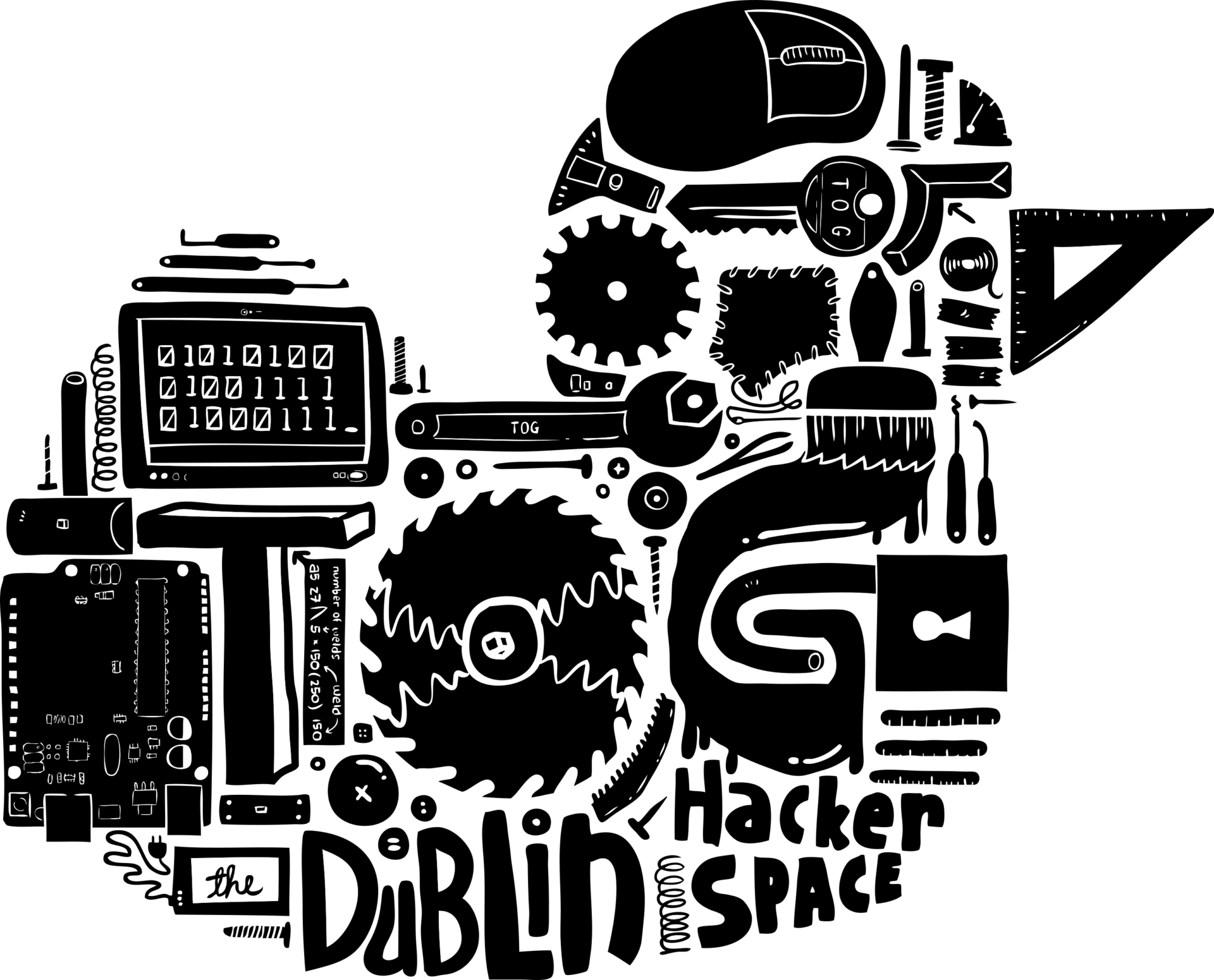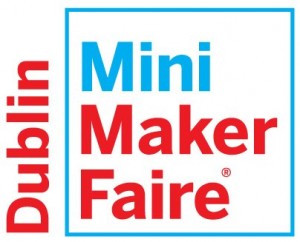Here at TOG we like to make things. And so, inspired by Adam Savage’s (him of MythBusters fame) talk at the Bay Area 2012 Maker Faire, “Why We Make”, and with our very own Dublin Maker Faire just around the corner, we’ve decided it’s high-time to get back to it!
This weekend is the Make Something Synchronous Hackathon. The idea is very simple; Saturday and Sunday from about noon until late evening, get to your local hackerspace, and just make something. Anything. It doesn’t matter what, how, or even why. Just make something!
There is nothing quite like that feeling of satisfaction when you behold something you’ve made with your own hands, nor the frustration when things aren’t going the way you planned. So come, share the highs and the lows with us. We have a messy workshop full of saws, vices, and other tools, soldering irons, glue guns, a less messy workroom with sewing and knitting machines. As well as a whole assortment of things to help, or distract you, about the place like a Makerbot, film development lab, library, and kitchen.
On the Saturday, to keep your brain cells ticking over, we’re hosting a talk by the Dublin Skeptics in the Pub, featuring Dr Muireann Quigley on biomaterials, biotechnology, perceived ownership of the human body and the changing role of the body. That’s from 18:30 until about 20:00. More deatils here.
The whole weekend is free, and no pre-booking required. So come along, learn something new, or just make something! 😀







































